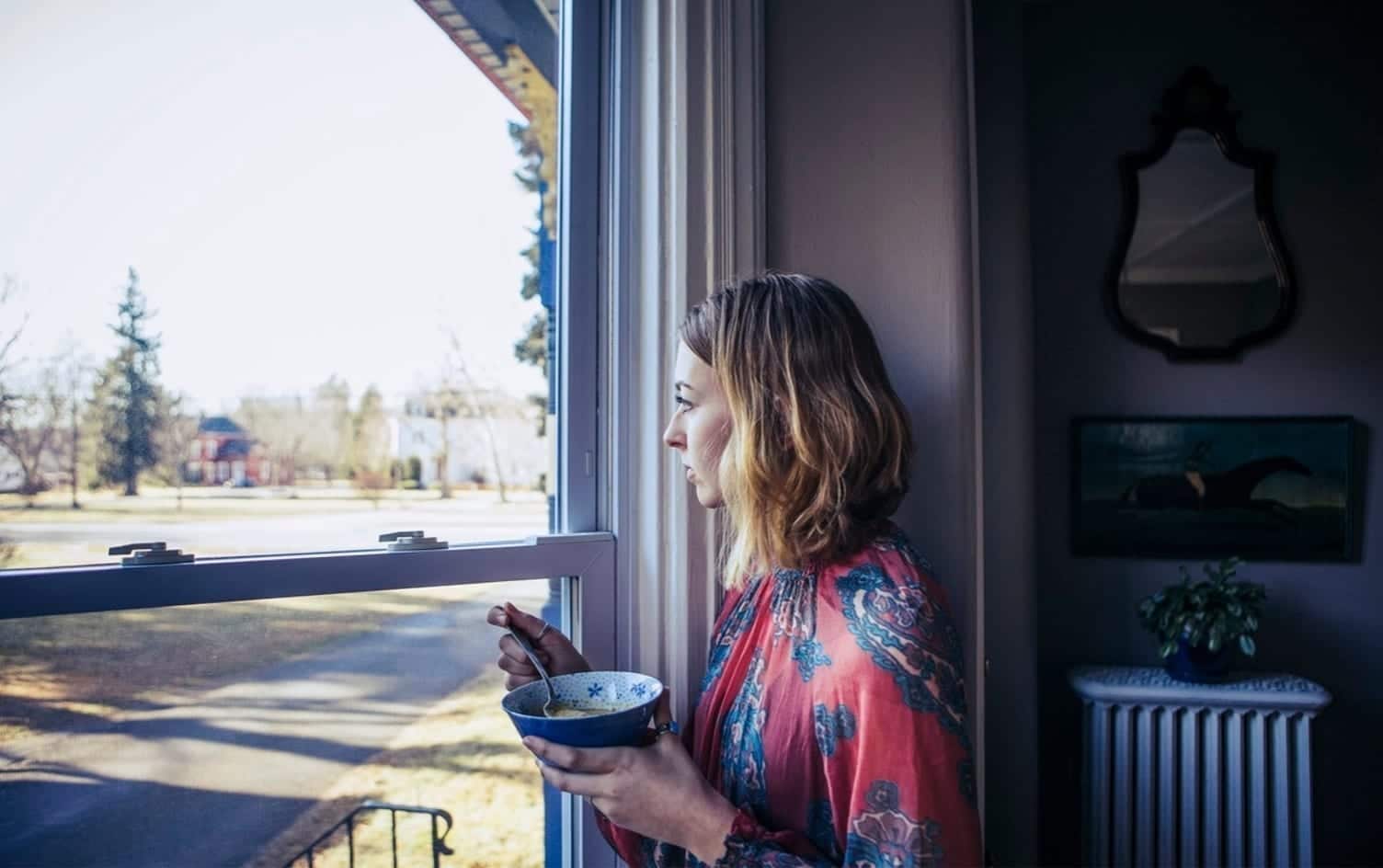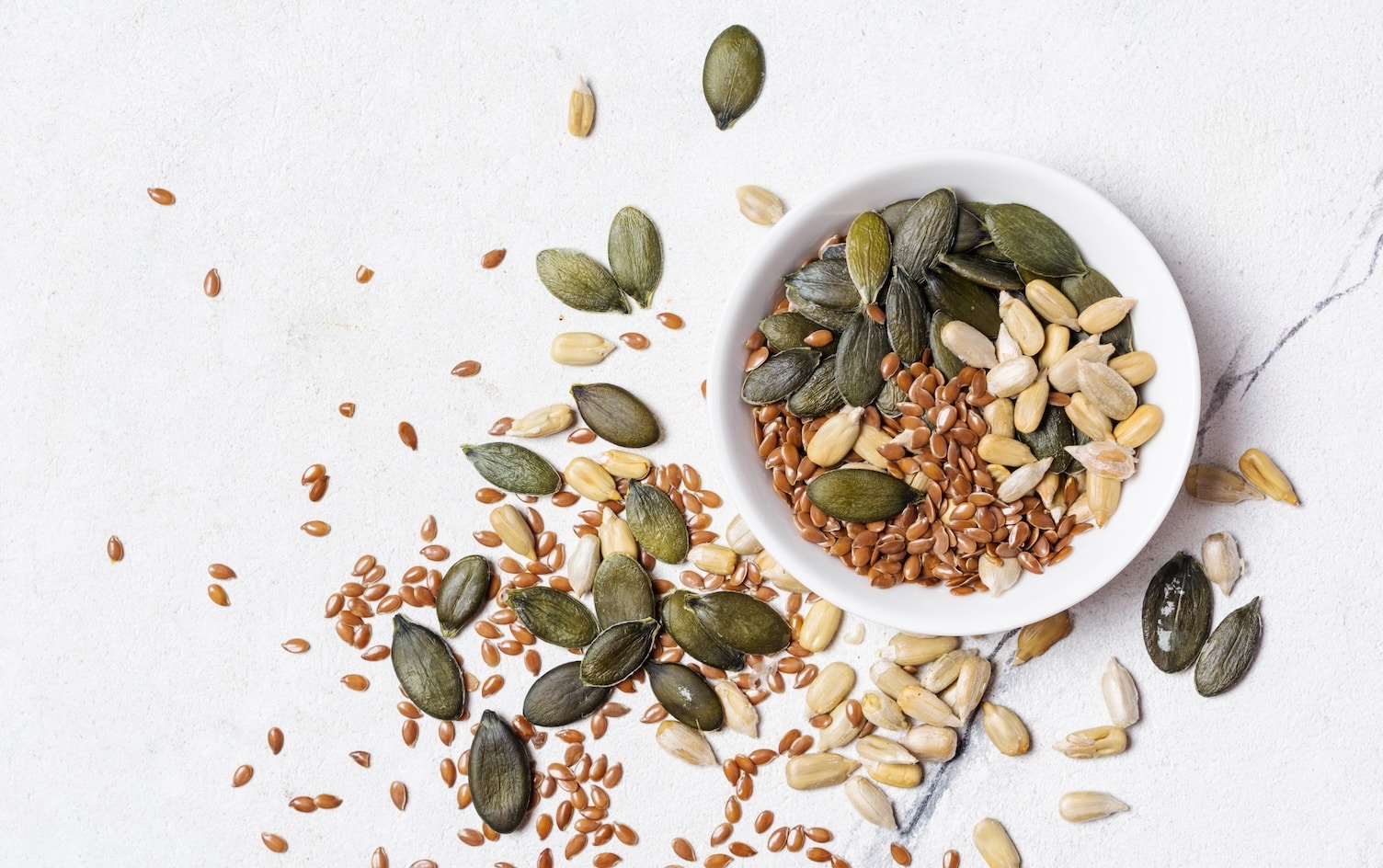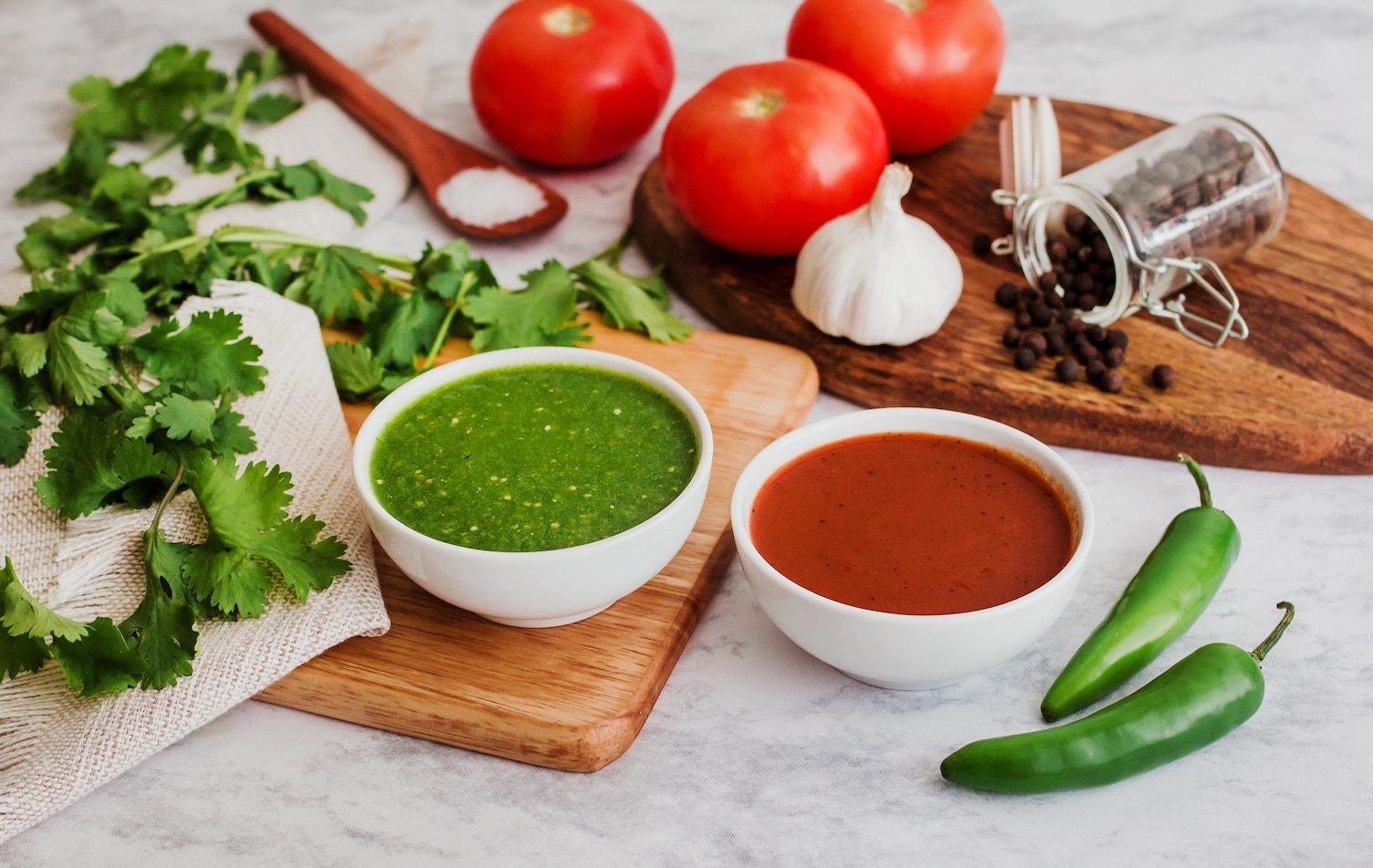
Vitamin supplements have their place in a daily routine, but I’m typically on team “food first” when I receive general questions about whether or not to take them. However, vitamin D, which helps the body absorb calcium and promotes bone strength and growth, is often an exception because it’s only in a select number of foods, and it can be difficult for the body to produce enough from the sun in certain climates. In fact, a recent study found as many as 75% of U.S. teens and adults suffer from vitamin D deficiency, which can lead to weakened bones, the development of osteoporosis and an increased risk for cardiovascular disease and some cancers.
Aside from supplementation (which is often necessary), there are a few other ways to up your vitamin D levels:
VITAMIN D FROM THE SUN
One natural way to get vitamin D is from the sun. When the skin is exposed to ultraviolet rays, it triggers a reaction that synthesizes vitamin D. This is often the primary way some individuals maintain adequate vitamin D levels in the body, but the amount of vitamin D your body can make from the sun depends on a few different factors:
- Time of day – The body produces the most vitamin D from sun exposure at midday, when the sun is at a particular angle that makes its rays the strongest.
- Where you live – In regions close to the equator, it’s easier to produce vitamin D from sun exposure throughout the year. A good indicator of whether or not you are receiving adequate sun exposure to make vitamin D is to take a look at your shadow. If it’s longer than you are tall, you’re not making much vitamin D.
- Skin color – Pale skin makes vitamin D more quickly, in as little as 15 minutes, and darker skin may take an hour or more.
- The amount of skin you expose – the more skin you expose, the more vitamin D the body may make. However, sunscreen blocks much of this production, and it’s best to speak with your dermatologist to determine what level of sun exposure is safe for you.
VITAMIN D FROM FOOD
You can find vitamin D in select foods, and most are animal products. Vegetarians and vegans who eat little-to-no animal products must make sure they are consuming vitamin D-fortified foods, obtaining adequate sun exposure or consider taking a supplement. For omnivores looking to up their food sources of vitamin D, you can add the following to your grocery cart:
- Swordfish
- Salmon
- Tuna
- Fortified orange juice, cereals and milk
- Sardines
- Liver
- Cod liver oil
- Eggs (yolk)
THE BOTTOM LINE
While it’s possible for the body to make enough vitamin D from food sources and/or the sun, certain populations may need a bit more from a supplement. Those who are vegan, vegetarian, or who simply don’t like many of the foods listed above, and those who do not receive adequate sun exposure should consider a supplement. It’s always important to speak with your doctor and/or dietitian first because they’ll also take into account other important factors such as age and individual health history.




